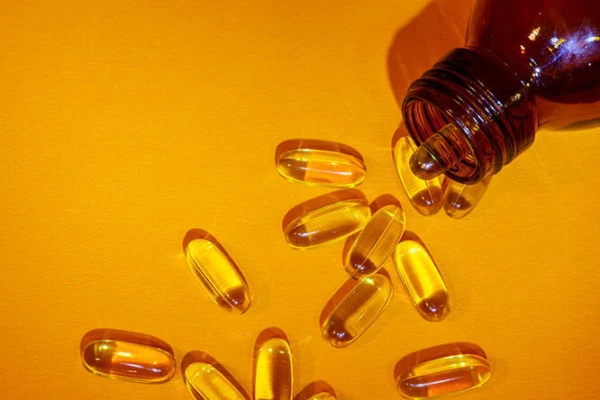
Everyone dreams of a long healthy life and slowing down the aging process.
Many of us are looking for a "magic pill" that can help us look younger and feel more energetic. Creams, supplements, the latest procedures — all promise to stop time. However, modern science is increasingly focusing on simple and accessible solutions. A recent study from Harvard Medical School has shown that regular vitamin D may be one of the key factors in the fight against biological aging. This is not only about appearance but also about cell health, as this vitamin can protect our chromosomes from damage.
Importance of Telomeres
Telomeres are the "protective caps" at the ends of chromosomes that shield DNA from damage and fusion with other chromosomes. As we age, telomeres gradually shorten, and this process is associated with an increased risk of chronic diseases, including cancer, cardiovascular diseases, and autoimmune disorders.
Short telomeres are one of the markers of biological aging; they reflect not so much chronological age as the "state" of cells and their ability to regenerate.
Role of Vitamin D in Slowing Aging
Regular intake of vitamin D3 (2,000 IU per day) over 4 years slows the shortening of telomeres in blood cells, effectively "reversing" the body’s biological age by nearly three years. Targeted support with vitamin D may be a promising strategy in combating biological aging.
Benefits of Vitamin D
- Reduces inflammatory processes in the body;
- Lowers the risk of developing certain chronic diseases, including cancer and autoimmune diseases;
- Supports the immune system and bones.
Thus, vitamin D not only affects appearance and well-being but also supports cells at the molecular level and slows down aging processes.
Practical Tips
-
Maintain optimal levels of vitamin D. For adults, a daily intake of 1,500-2,000 IU is generally recommended, but before starting supplementation, it is essential to have a blood test and consult a doctor.
-
Combine with nutrition. Vitamin D is found in fatty fish, eggs, and fortified products, such as milk or cereals.
-
Don’t forget about the sun. The body synthesizes vitamin D under the influence of ultraviolet rays, but protect your skin from burns.
-
Regular check-ups. Monitoring calcium levels and kidney function can help avoid overdose.
Vitamin D is not just the "sunshine vitamin." It helps maintain telomere length, supports cells, and may slow biological aging. By incorporating regular intake of this nutrient into your life along with a healthy diet and moderate physical activity, you are making an investment not only in beauty but also in longevity and health.















Leave a comment